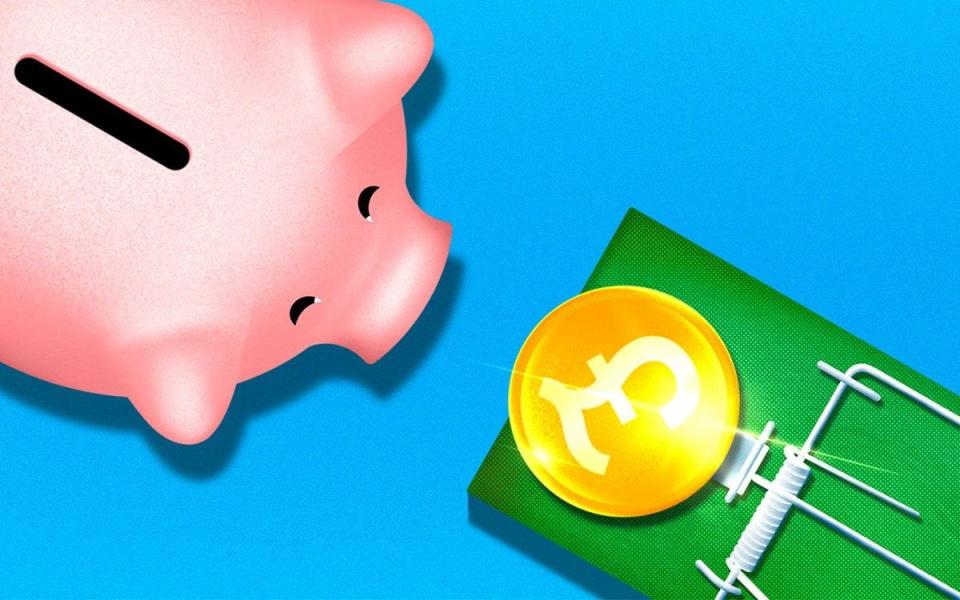Parents stop paying into pensions – but will be £24,000 worse off in retirement

Young parents are trying to free up cash to beat the cost of living crisis by stopping payments into their pensions, but doing so will cost them tens of thousands of pounds in retirement.
A report by Janus Henderson Investment Trust found parents are cutting pension contributions and changing their expectations for their children's future because of rising prices.
One in six young parents aged in their 20s and 30s have reduced the amount they save into their personal pension, more than any other age group, while 14pc have reduced the amount they save into their workplace pension.
But cutting pension contributions because of short-term financial pressures comes at a heavy cost.
According to calculations by consultancy Barnett Waddingham, a 30-year-old man on an average annual salary of £33,000 would have £990 extra in their pocket now by pausing pension contributions for one year.
However, doing so would leave a £24,000 hole in his pension pot – reducing his income in retirement by £1,450 per year.
Meanwhile, a 30-year-old woman on an average salary of £28,000 would have £840 extra today, but when it came to retirement, she would be £20,000 worse off, meaning a £1,230 reduction to her annual retirement income.
This is assuming savers pay 3pc of their salary into their pension and that their employer makes a 5pc contribution. By opting out of pension contributions, they also lose their employer’s pension contribution, tax relief and the compounding effect of investment returns.
Janus Henderson’s research follows previous reports which said millions are not putting enough aside for a comfortable retirement.
According to the trade body the Pension and Lifetime Savings Association, a single person needs an annual income of £33,600 in retirement in order to live comfortably, and £10,900 to afford the bare minimum.
Pensions firm Hymans Robertson has warned that many in “defined contribution” pension schemes were very unlikely to save sufficient funds for a comfortable retirement unless they significantly increase how much they pay into their pension.
Even workers on £50,000 would need to contribute nearly a fifth of their salary (17pc) in order to meet this level, according to the firm’s research. The typical minimum auto-enrolment contribution is 8pc.
Amanda Latham of Barnett Waddingham said that while parents “might find themselves in an especially difficult position” as a result of soaring bills, cutting their pension contributions to make ends meet “comes at a disproportionate cost in the long run”.
She added that mothers in particular were at risk because the lack of pension saving “could be compounded by time taken for parental leave, and the widening pay gap following the return to work”.
Janus Henderson’s research also found that many parents were having to rethink their plans for their children's education.
More than a fifth (23pc) of young parents said they had had to change their expectations for what they could afford for their children, which included those who said private school “was no longer an option”.
Dan Howe, of Janus Henderson, said: “The cost of living crisis is forcing all of us to evaluate our spending, and this is especially true for those with children and dependents. While the most popular items to cut back on are non-essentials, it’s disheartening to see that a number are being forced to rethink what they put away for their children’s future as well as their own.”
Reader Service: Do you know how much you should pay into your pension? Learn how to boost your pot by consolidating your pensions.

 Yahoo Finance
Yahoo Finance 